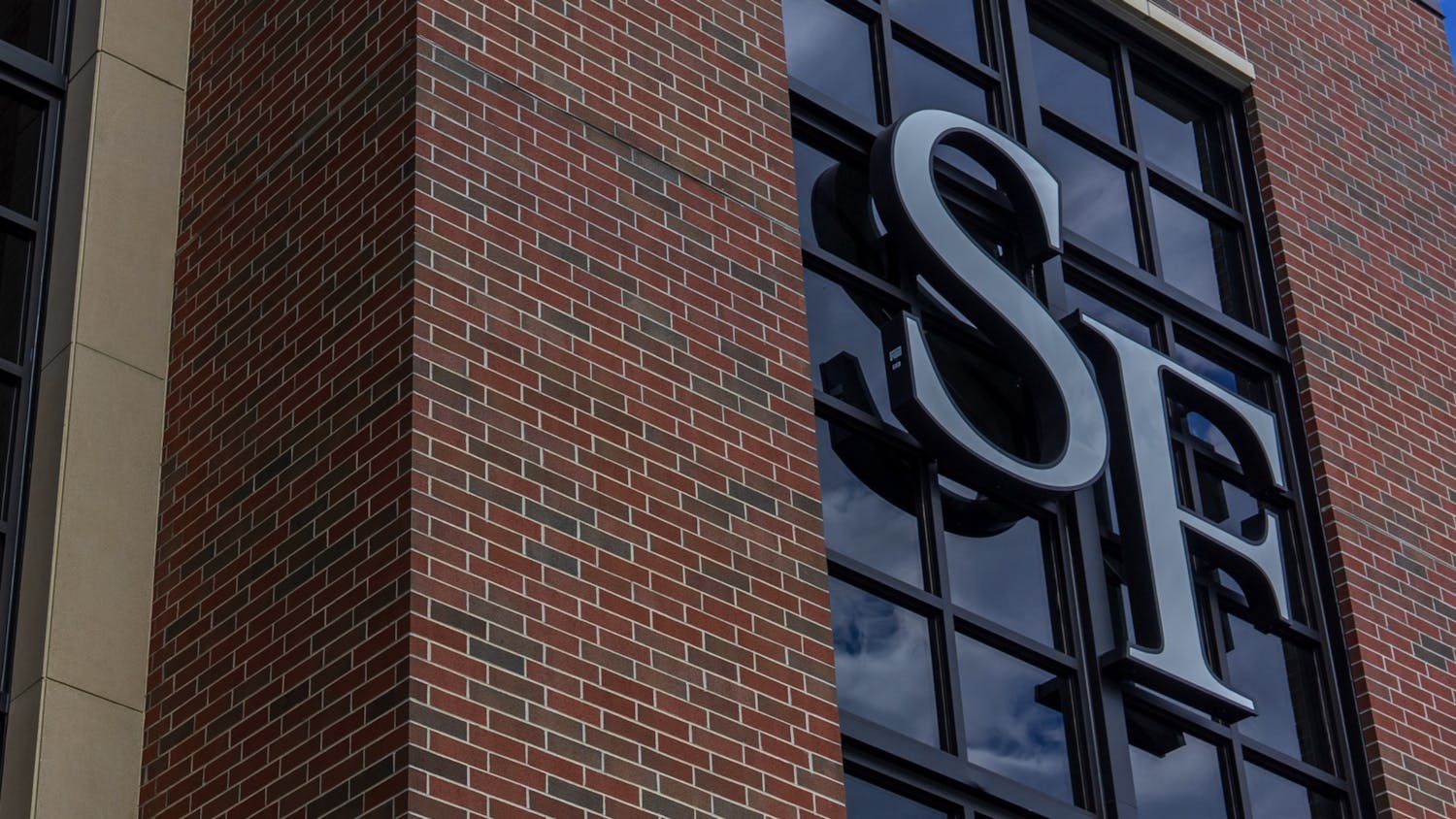Nancy Ward voted alone for the first time last year. She tapped a screen, chose candidates and proudly stuck an “I Voted” sticker onto her chest.
In the past, she needed the help of poll workers because of her disability, but not this year.
Juan Gilbert and his Prime III voting machine made her dream of voting independently into a reality.
Gilbert, a UF researcher and professor, created the first universal voting machine in the world. Gilbert’s machine allows all voters to tap screens, speak, or blow into a microphone if they can’t articulate a name, hear audio instructions through headphones and see pictures to vote.
Gilbert said Ward and other voters with disabilities tested his machine successfully in 2013.
The machine and software have been used in elections in Wisconsin and Oregon, and they will be used in New Hampshire’s election Tuesday.
“We were the first to do this in a time that people said it couldn’t be done,” said Gilbert, the 45-year-old developer.
It took more than a decade for the final version to be built, and it all started with a speech.
Gilbert and his team listened to an expert in the field of human-centered computing say a universal voting design was not possible.
“I thought that wasn’t acceptable,” Gilbert said. “We work on things that fix societal issues, so we went back to the lab and began working.”
Since then, the machine has been tested on thousands of people, including the blind, deaf and elderly, he said.
“The diversity of our testing covers the broadest area of testing I’ve ever seen,” he said.
In the November 2012 election, turnout among people with disabilities was 5.7 percent lower than people without disabilities, according to Rutgers University.
Gilbert said there was a large increase in voters with disabilities when Prime III was used in Oregon.
“Just in terms of equality and voter participation, it is revolutionary,” said Beth Rosenson, a UF political science associate professor.
Gilbert used a $4.5 million grant from the U.S. Election Assistance Commission to develop the Prime III technology.
He said he has reached out to election supervisors in Florida about using the machine in the future.
“We developed and tested it everywhere,” Gilbert said. “Now it’s in our own backyard, so why don’t we test it here in Florida?”
[A version of this story ran on page 5 on 11/1/2014]





